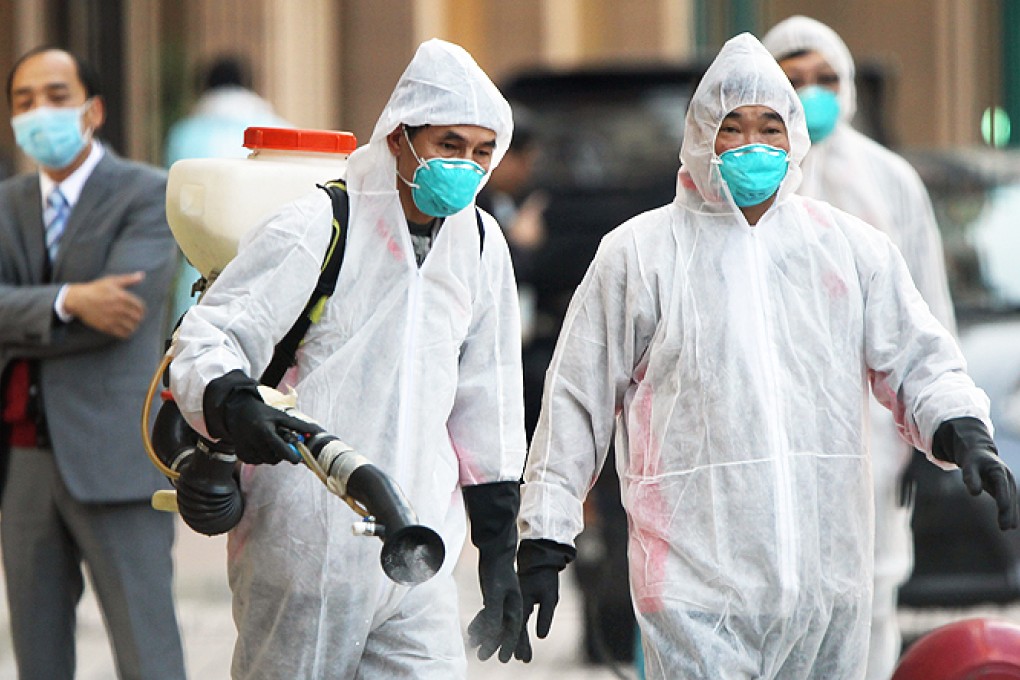New | Hong Kong sees second case of H7N9 bird flu in a week
Hong Kong's second case of the deadly H7N9 flu virus inside a week was confirmed last night. An 80-year-old Hong Kong man, who now lives in Shenzhen, was in a stable condition in Princess Margaret Hospital's isolation unit.

Hong Kong's second case of the deadly H7N9 flu virus inside a week was confirmed last night.
An 80-year-old Hong Kong man, who now lives in Shenzhen, was in a stable condition in Princess Margaret Hospital's isolation unit.
The city's first case was confirmed on Monday. The patient, 36-year-old Indonesian domestic helper Tri Mawarti, remained in a critical condition in the same hospital last night.
Zhejiang province yesterday also announced a new H7N9 case. The patient is a 30-year-old man from Anji county and he is in critical condition.
The controller of the Centre for Health Protection, Dr Leung Ting-hung, said the Hong Kong man arrived at Tuen Mun Hospital in a taxi via the Shenzhen Bay border crossing on Tuesday.
He required treatment for diabetes and minor heart failure and did not develop a fever and other flu symptoms until yesterday. He was then transferred to Princess Margaret Hospital.
Health chiefs said it was unclear if the man had any contact with birds or live poultry or in which Shenzhen district he lived.